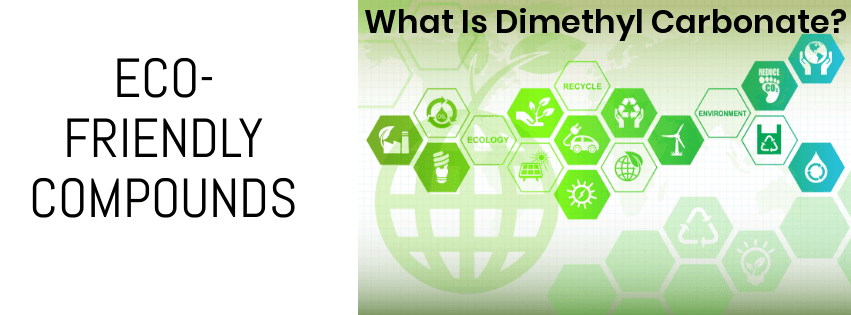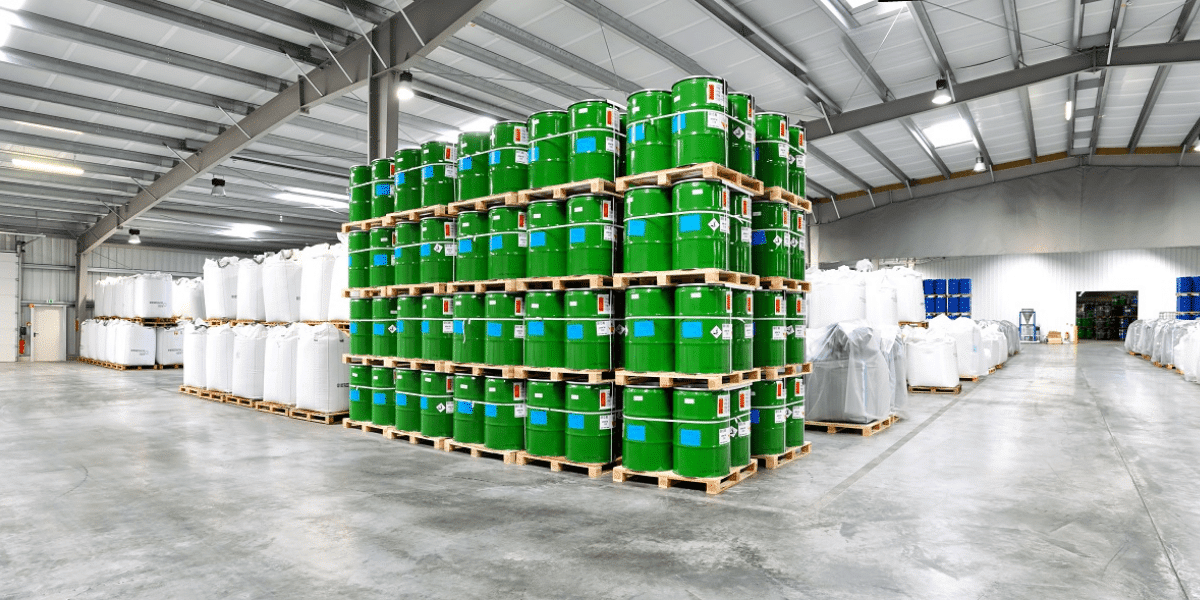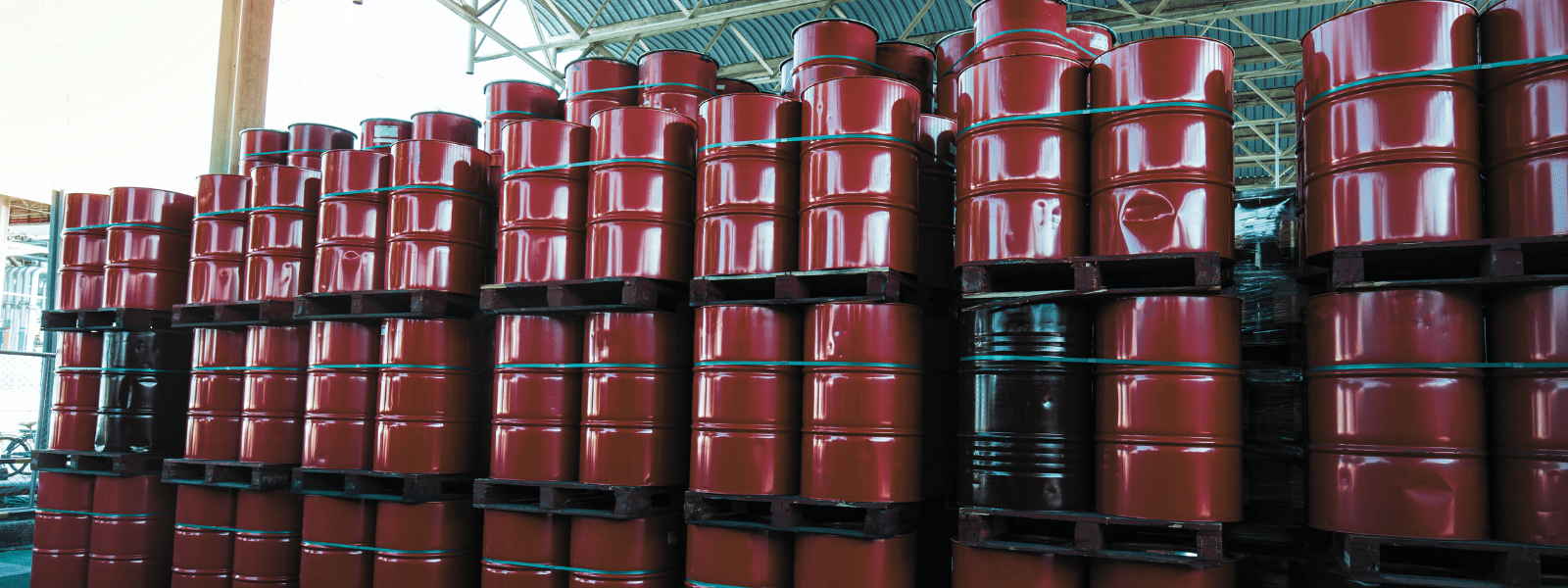Here at Ecolink, we are all about offering cost-effective green chemicals that maximize cleaning and minimize chemicals. When it comes to formulating products, wouldn’t it be great if you could formulate your products with a material that is eco-friendly, cost-effective, and does not sacrifice either safety, quality, or performance of the products? The chemical compound, Dimethyl Carbonate, is starting to spark the attention of formulators.
What Is Dimethyl Carbonate?
Dimethyl Carbonate is a clear, colorless liquid with a mild, pleasant odor. It is non-toxic, biodegradable with tunable chemical reactivity, low in density, and has a low evaporation rate. Dimethyl Carbonate is generally considered to be safe and reliable for the following industries:
- Industrial product makers
- Institutional product makers
- Commercial product makers
- Household product makers
Dimethyl Carbonate is used as an eco-friendly alternative to dimethyl sulfate (or methyl halides) and phosgene for methylation and carboxylation reactions. Dimethyl Carbonate is actually exempt from the restrictions placed on most VOCs (volatile organic compounds) in the United States, which is why many see it as a viable option for their industrial, institutional, commercial, and household product line needs. Dimethyl Carbonate is classified as being very versatile due to it being used in various industries and applications such as paint and coatings, gravure inks, aerosols, resin manufacturing, degreasing applications, and more. Many formulation chemists are thinking about making Dimethyl Carbonate their main VOC-exempt option because of how effective it is, its functionality, and its cost.
Advantages of Dimethyl Carbonate
Dimethyl Carbonate has a fast evaporation rate compares positively with other low-VOC (volatile organic compound) materials. Dimethyl Carbonate’s flashpoint is higher than chemical compounds such as acetone and ethyl acetate, which are materials that Dimethyl Carbonate can replace. Dimethyl Carbonate can also replace Ethanol, Isopropyl Alcohol, Methyl Ethyl Ketone, Methyl Isobutyl Ketone and Methyl Propyl Ketone. Also, Dimethyl Carbonate is highly soluble and miscible with most organic solvents. One of the big benefits that make Dimethyl Carbonate attractive to many formulators is the fact that Dimethyl Carbonate is environmentally friendly and has VOC-exemption from the EPA (Environmental Protection Agency). Dimethyl Carbonate is also non-toxic and biodegradable, which makes it a green reagent. Dimethyl Carbonate’s toxicity levels are low and give its great praise for its occupational safety and industrial air quality.
Interested in Using Dimethyl Carbonate in Formulations?
Utilizing Dimethyl Carbonate in formulations is not only eco-friendly and cost-effective alternative to many organic solvents, but it’s an alternative that does not sacrifice safety, quality, or performance. To find out if Dimethyl Carbonate is the best option for you, please call us today at (800) 563-1305, or send us an email through our contact form. We look forward to hearing from you and seeing how we can help with your degreasing needs!















